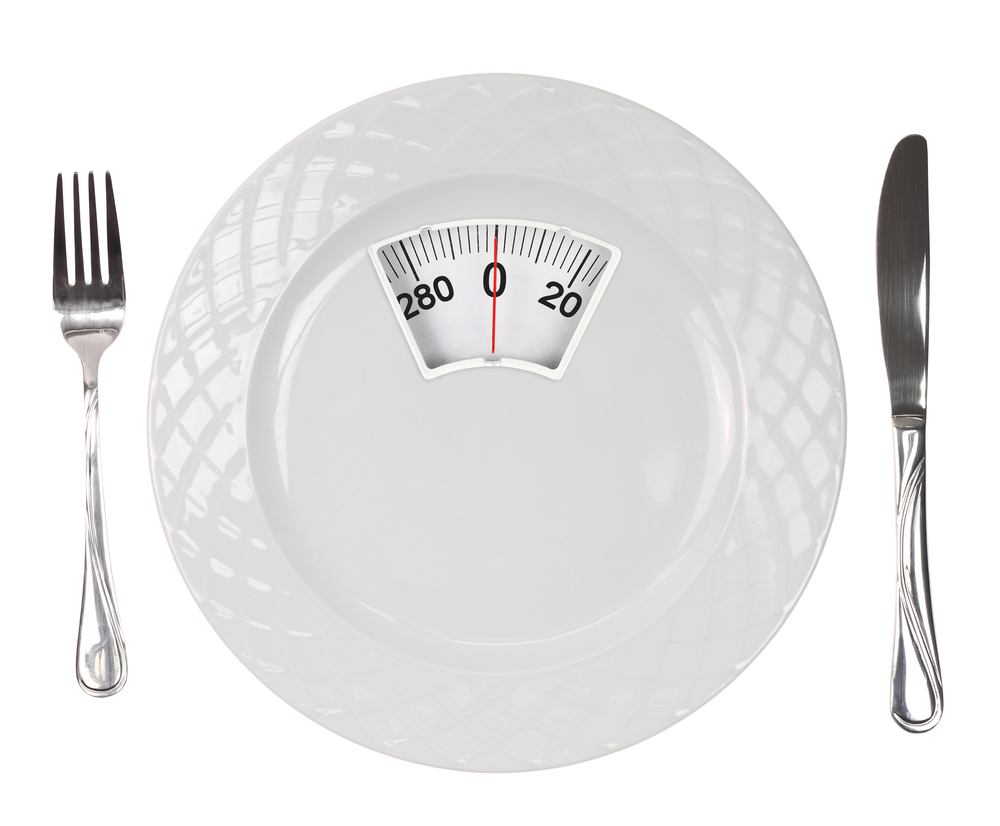
An estimated eight million Americans suffer from eating disorders. One in eight of those are male. While eating disorders are more prevalent in girls, the potential for boys and young men to suffer from eating disorders should not be ignored.
Teenage and college-aged boys, like girls, experience pressure to perform at school or sports, pressure from family and friends, pressure from culture to fit in or to look a certain way. Pressure placed on young men, as well as negative body image may lead to eating disorders.
Anorexia nervosa and bulimia nervosa are two eating disorders that are often kept in secret by individuals who suffer from these addictions. Because eating disorders are less common in young men, young men suffering from an eating disorder may be even more inclined to keep their struggle a secret. Additionally, parents, friends, coaches and teachers may easily overlook symptoms of an eating disorder in boys or young men.
Young men who participate in certain sports that put an emphasis on weight, such as swimming, wrestling, running and gymnastics may be at greater risk of developing an eating disorder than other male athletes. Pressure to lift weights, diet and exercise are all contributing factors to eating disorders among young male athletes. Boys who are un-athletic or who aren’t as competitive may also be prone to eating disorders caused by ridicule from other more aggressive boys.
Bulimia nervosa is an eating disorder characterized by episodes of binging and purging. Bulimics will use self-inducing vomiting, diuretics and laxatives to help lose weight. Anorexia nervosa is an eating disorder characterized by extreme control of caloric intake. Anorexics will literally starve themselves to lose weight. Because eating disorders are often held in secrecy, they can be difficult to detect.
Warning signs of bulimia and anorexia may vary by individual, but here are a few common warning signs of bulimia and anorexia:
Warning signs of bulimia:
- Binge eating – consuming excessive amounts of food in a short period of time
- Eating in secret
- Raiding the refrigerator, kitchen cabinets, hiding or hoarding food
- Frequent talk about weight, body image and dieting
- Rapid fluctuation of weight (gaining and losing)
- Use of diuretics or laxatives
- Dry or loose skin, mouth or gum sores, tooth decay, thinning hair, bloating, lack of energy
- Depression, isolation, anxiety, feelings of guilt, suicidal thoughts
- Impulsive behavior resulting in drug use, shoplifting, shopping binges or multiple sexual partners
Warning signs of anorexia:
- Obsession over weight. Expressing feeling “fat” or “overweight” even though they may be within normal, healthy weight range.
- Isolation, depression, insecurity, perfectionism, anxiety, self-consciousness, irritability, avoidance of social situations.
- Extreme exercise regimen and obsession over caloric intake.
- Dry or yellowed skin, hair loss, brittle nails and fatigue.
Bulimia nervosa and anorexia nervosa are two serious diseases, both of which can cause medical complications including swelling of the stomach or pancreas, inflammation of the salivary glands, gum disease, abnormal heart rhythms, seizures, muscle spasms and in some cases even paralysis or death. Eating disorders often cannot be treated without the help of a professional. It isn’t as simple as an individual modifying his or her behavior.

Bulimia and anorexia have psychological and emotional roots that must be treated as well. If you suspect a young man in your life may suffering from bulimia or anorexia, do not ignore the signs. Seek immediate help from a professional.